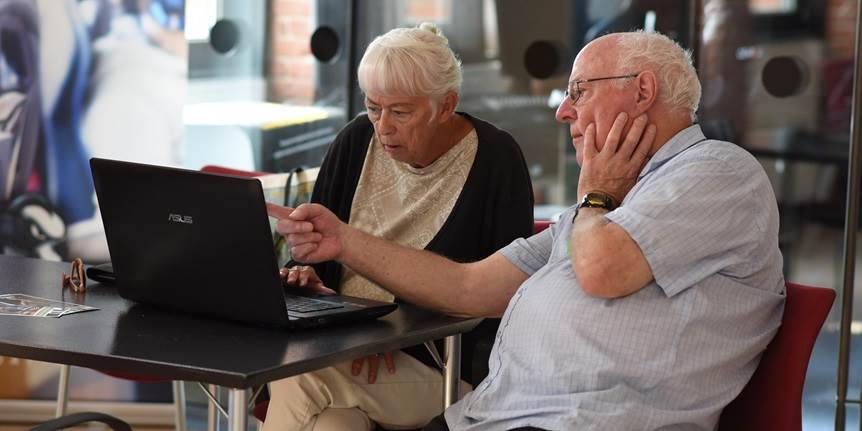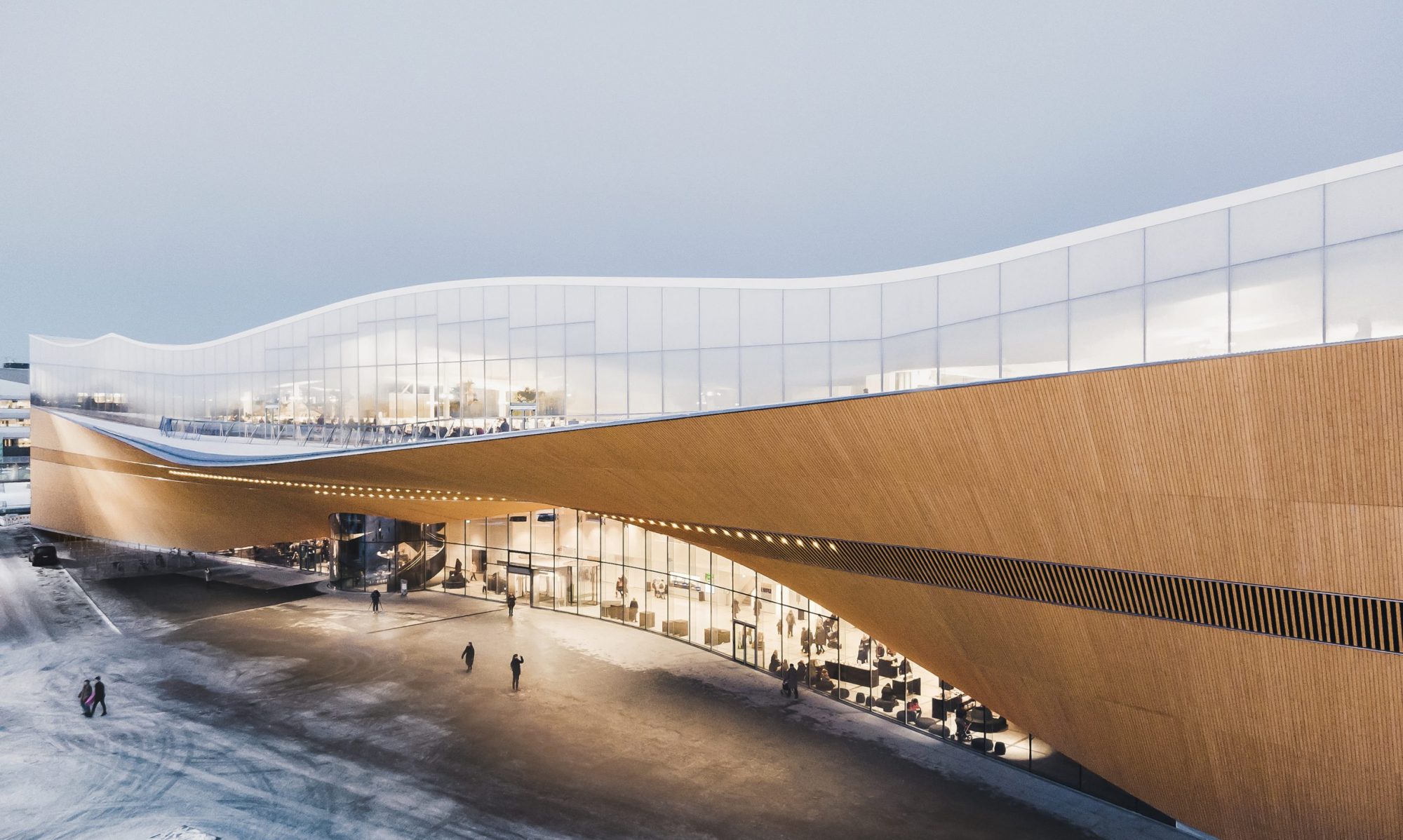CAPE – Civic Agency in Public E-service innovation
Office clerk: –“We’re digital by default”
Daniel Blake: – “Yeah? Well I’m pencil by default.”
The above quote from Ken Loach’s Palme d’Or-winning film ‘I, Daniel Blake’ from 2016, eloquently pinpoints how large groups in today’s society experience digitalization of the public sector. The film portrays Daniel Blake’s struggle against bureaucracy, and how he finds himself on the wrong side of the digital divide, hampered by his lack of digital skills, since public e-services is the only available communication channel to the authorities.
A main problem in digital transformation of the public sector that stands clear from public sector research is the lack of user involvement in development of public e-services. This problem is related to a digital divide in e-service use, where marginalised user groups lack digital skills, and it also blocks the potential in innovating future services based on the growing possibilities in open public data.

The CAPE project addresses these issues by collaborating closely with public libraries, helping them embrace more active roles in today’s rapid digitalisation. Public libraries, perceived as Civic Innovation Centres (CICs), can become places where citizens can be engaged in improvement of current e-services, as well as in development of new services. CAPE will initially be collaborating in three project sites: Denmark (Ballerup Library, Ballerup), Finland (Oodi Library, Helsinki) and Sweden (Rosengård Library, Malmö).
The project consortium consists of the following partners: IT University of Copenhagen, project coordinator (Denmark); Aalborg University Copenhagen (Denmark); Ballerup Library (Denmark); Malmö University (Sweden); and Aalto University (Finland).

The CAPE project is a three-year Nordic research collaboration financed by Nordforsk in the call “Digitalisation of the Public Sector – Research and Innovation Projects”.
Local funding organisations are: Innovation Fund Denmark, Forte (Sweden) and Academy of Finland.
